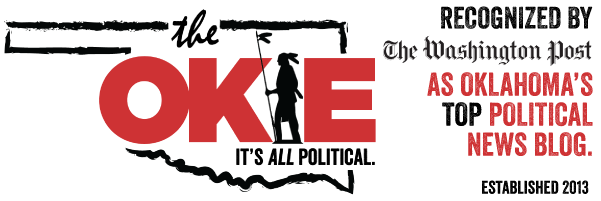Must Read: BuzzFeed: The Facebook Election
The Facebook Election
The social network may end TV’s long dominance of American politics — and open the door to a new kind of populism. BuzzFeed News and ABC News share exclusive access to Facebook’s new “sentiment data.”
Ben Smith, BuzzFeed Staff
At some point in the next two years, the pollsters and ad makers who steer American presidential campaigns will be stumped: The nightly tracking polls are showing a dramatic swing in the opinions of the electorate, but neither of two typical factors — huge news or a major advertising buy — can explain it. They will, eventually, realize that the viral, mass conversation about politics on Facebook and other platforms has finally emerged as a third force in the core business of politics, mass persuasion.
Facebook is on the cusp — and I suspect 2016 will be the year this becomes clear — of replacing television advertising as the place where American elections are fought and won. The vast new network of some 185 million Americans opens the possibility, for instance, of a congressional candidate gaining traction without the expense of television, and of an inexpensive new viral populism. The way people share will shape the outcome of the presidential election. Even during the 2014 midterms, which most Americans ignored, Facebook says it saw 43 million unique individuals engage in the political conversation. Now a rawly powerful video may reach far more voters in a few hours than a multimillion-dollar ad buy; and it will reach them from trusted sources — their friends — not via suspect, one-way channels.
And so we at BuzzFeed News are deeply excited to have nearly exclusive access (it’s shared with a broadcast partner, ABC News) to a powerful new window into the largest political conversation in America. This data will be drawn from a Facebook project working in the tricky field of “sentiment analysis,” the attempt to analyze people’s feelings based on what they write, which we think may be the most important new source of political data in the 2016 elections. This project will allow BuzzFeed News reporters to ask Facebook for data on, for instance, how Iowans feel about Hillary Clinton, or which Republican candidate appears to be best liked by women.
The field of sentiment analysis is as famous for its pitfalls as for any successes. Sentiment analysis has been bad at detecting sarcasm, for instance. But there’s good reason to think that if anyone can pull this off, it will be Facebook. First, it has access to a far, far larger sample of natural language than any other social network. What’s more, that carries with it contextual data that can serve as a point of departure for sentiment analysis — the field, in particular, that allows people to include how they’re feeling or what they’re doing when they post status updates. And third, Facebook quite simply has some of the best data scientists in the world, and has built a company on a deep and comprehensive understanding of user data. We’re also comfortable with Facebook’s approach to its users’ privacy with this data, which is anonymous and aggregate, with no data available for groups of interactions under 1,000.

